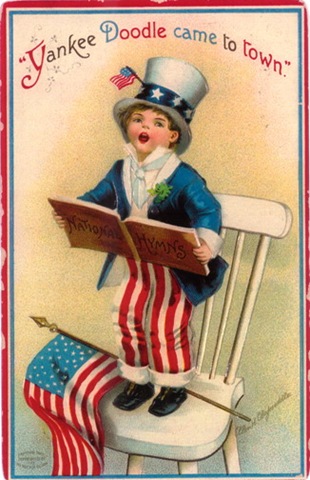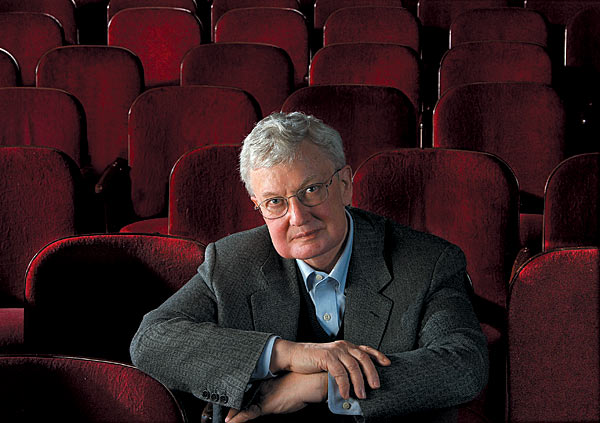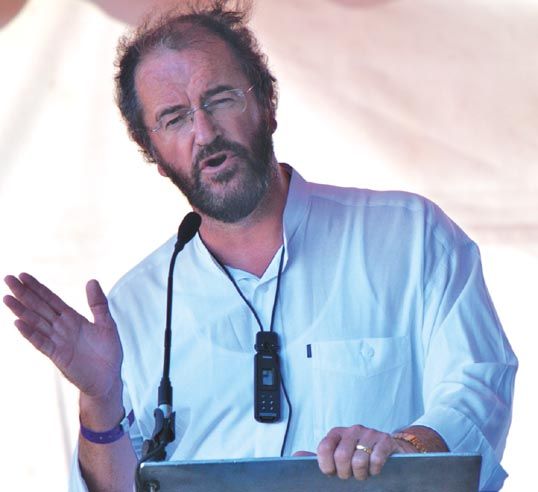Thank you, Fox News
 Yesterday, under the headline 'Obama's Apology Tour', FoxNews.com, in typical sneering style, published the following story [alas, they did not opt to print my not always entirely serious commentary alongside, which I have included below in parentheses]:
Yesterday, under the headline 'Obama's Apology Tour', FoxNews.com, in typical sneering style, published the following story [alas, they did not opt to print my not always entirely serious commentary alongside, which I have included below in parentheses]:
“During the 2008 presidential race, then-President George W. Bush took heat for seeming to criticize Barack Obama as an appeaser during an address to Israel's parliament. [He didn't just seem to criticize. It was an outrageous, dishonest, and inaccurate speech.]
It was considered poor form to take shots, direct or indirect, at a U.S. dignitary while overseas. [I posted it about this at the time here]
But since taking office, Obama has made a habit of using overseas podiums to delicately jab at his predecessor by apologizing and expressing regret for American behavior in recent years. [Can we allow for the possibility that he is apologising because he believes in the apology.]
While the move could yield diplomatic fruit by easing tensions between the U.S. and nations that felt sidelined during the Bush administration, Republicans have also criticized the president for using the world stage to scold his own country. [The deniers within the Roman Empire had a similar problem. Just before it collapsed.]
The following is a list, in reverse chronological order, of the Obama administration's overseas apologies and clarifications to date:
April 18: "We have at times been disengaged, and at times we sought to dictate our terms. But I pledge to you that we seek an equal partnership. There is no senior partner and junior partner in our relations." [Thank God]
April 16: "Too often, the United States has not pursued and sustained engagement with our neighbors. We have been too easily distracted by other priorities and have failed to see that our own progress is tied directly to progress throughout the Americas. My administration is committed to renewing and sustaining a broader partnership between the United States and the hemisphere on behalf of our common prosperity and our common security." [Perhaps we'll get some common security then.]
April 6: "I know there have been difficulties these last few years. I know that the trust that binds us has been strained, and I know that strain is shared in many places where the Muslim faith is practiced. Let me say this as clearly as I can: the United States is not at war with Islam." [Why Fox News would consider this a troubling statement is troubling itself.]
April 3: "In America, there's a failure to appreciate Europe's leading role in the world. Instead of celebrating your dynamic union and seeking to partner with you to meet common challenges, there have been times where America has shown arrogance and been dismissive, even derisive. But in Europe, there is an anti-Americanism that is at once casual but can also be insidious. Instead of recognizing the good that America so often does in the world, there have been times where Europeans choose to blame America for much of what's bad. On both sides of the Atlantic, these attitudes have become all too common. They are not wise. ... They threaten to widen the divide across the Atlantic and leave us both more isolated." [Mercy. I'm beginning to see a theme here.]
April 2: "It is true, as my Italian friend has said, that the (economic) crisis began in the U.S. I take responsibility, even if I wasn't even president at the time." [What are we to do? A President who takes credit where it's really due? Soon we'll have bank CEOs who screwed up actually resigning...]
April 2: "I would like to think that with my election and the early decisions that we've made, that you're starting to see some restoration of America's standing in the world." [You'll get no arguments from me here - but let's take it one step at a time.]
April 1: "If you look at the sources of this crisis, the United States certainly has some accounting to do with respect to a regulatory system that was inadequate." [This is getting repetitive.]
March 25: "I feel very strongly we have a co-responsibility (for drug-fueled violence in Mexico). ... Our insatiable demand for illegal drugs fuels the drug trade. Our inability to prevent weapons from being illegally smuggled across the border to arm these criminals causes the deaths of police officers, soldiers and civilians."- Secretary of State Hillary Clinton, en route to Mexico City [If we're not careful what might be about to happen could look something like an honest assessment of the interdependency of the post-globalised world. Maybe even a recognition that human beings need each other, whatever their national identity.]
Jan. 26: "All too often the United States starts by dictating ... and we don't always know all the factors that are involved. So let's listen. And I think if we do that, then there's a possibility at least of achieving some breakthroughs. ... My job to the Muslim world is to communicate that the Americans are not your enemy. We sometimes make mistakes. We have not been perfect." [I hope that this self-evaluation includes adequate provision of free crisis therapy for people whose sense of identity depends on threatening others. If they can get over the initial shock that their President doesn't sound like a schoolground bully, you never know. We might find ourselves with a measurable reduction in real world violence. What on earth would we do with that?]
The Obama administration has also expressed plenty of regret stateside as it rolls back some of Bush's counter-terrorism policies. The president, for instance, acknowledged potential "mistakes" as he addressed CIA employees April 20 and discussed his ban of enhanced interrogation techniques.
"Don't be discouraged that we have to acknowledge potentially we've made some mistakes. That's how we learn," Obama said.”
That's where the Fox News story ended; and from my perspective, it was a childish, analysis-free attempt at making the President look weak, not credible journalism but instead a slightly softened Sean Hannity version of a Letterman Top Ten List. It would be far better if Fox News (or in fact, any of the large MSM websites) could evaluate the history of attempts at reducing tension through expressing regret. President Kennedy's speech at the end of the Cuban Missile Crisis is perhaps the best example of US diplomacy taking the moral high ground of humility, asking what the country could learn from its enemies, rather than merely threatening attack, and quite possibly saving the world from nuclear war as a result. This story needs to be told and re-told, I believe, if the new times we're living in are to be understood. At the risk of sounding arrogant, there's much that hasn't impressed me about the new administration - quick to launch air strikes, not exactly the most radical choices for the Cabinet, and, frankly, the Rahm Emmanuel swears-a-lot jokes are getting a bit tired, Mr President. But letting the rest of the world know that the US wants to be friendly again, and that it understands both that friendship is a two way street, and that two wrongs don't make a right, may just be the most we could ask for right now.
And in that regard, perhaps Fox News has done us a service, as I’m reminded that, a couple of thousand years ago, someone else uttered the following statement:
“Blessed are the meek, for they shall inherit the earth.”
So, thank you, Fox News, for reminding us of the vital role of humility in the process of earning credibility in the eyes of the world. You've done a great service to diplomacy.



 Not known for the subtlety of his performances, nor of course does it matter, Dom De Luise played a significant part in my childhood movie experiences, on the basis of performances in two films which, if I watched them today may or may not hold up to critical enquiry.
Not known for the subtlety of his performances, nor of course does it matter, Dom De Luise played a significant part in my childhood movie experiences, on the basis of performances in two films which, if I watched them today may or may not hold up to critical enquiry. The
The